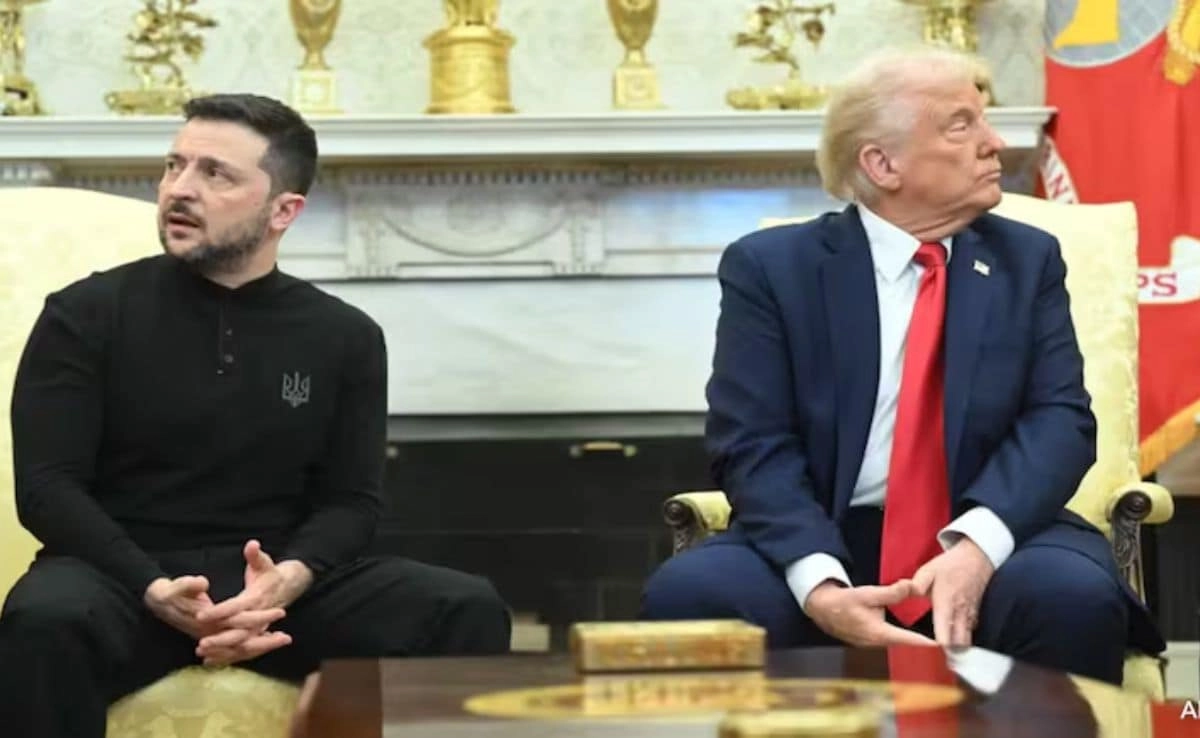Khawaja Asif, a notable Pakistani politician and member of the Pakistan Muslim League-Nawaz (PML-N), recently made a provocative remark suggesting that India was unified only under the rule of the Mughal Emperor Aurangzeb. This statement has sparked a significant amount of debate and criticism, particularly in the context of the historical complexities surrounding the Mughal Empire and its legacy in the Indian subcontinent. Asif’s assertion seems to imply that the diverse cultural and religious fabric of India could only be harmonized under a regime that exercised strong central control, such as that of Aurangzeb, who ruled from 1658 to 1707.
The statement raises questions about the nature of unity and identity in India, a country characterized by its vast array of languages, religions, and cultures. Historically, the Mughal Empire was known for its architectural achievements and contributions to art, but it also faced criticism for its policies towards different religious communities. Aurangzeb, in particular, is often viewed as a controversial figure, as his reign included a strict interpretation of Islamic law and a series of military campaigns against non-Muslim states. Asif’s remarks may reflect a nostalgic view of the past, attempting to draw parallels between historical unity and contemporary political dynamics in the region.
Moreover, such comments can exacerbate existing tensions between India and Pakistan, two nations that have had a tumultuous relationship since their partition in 1947. The historical narrative surrounding the Mughal Empire, particularly under Aurangzeb, has often been utilized in modern political discourse to shape national identities and sentiments. In this context, Asif’s remarks could be interpreted as an attempt to provoke nationalistic sentiments within Pakistan while simultaneously critiquing India’s current political landscape, which has seen the rise of Hindu nationalism.
This incident underscores the complexities of historical interpretation and its implications for contemporary politics. The legacy of Aurangzeb and the Mughal Empire remains a contentious topic, as it is viewed differently by various communities in India and Pakistan. The ongoing discourse regarding identity, unity, and historical figures continues to influence the socio-political climate in South Asia. As these discussions unfold, it is essential to approach historical narratives with nuance, recognizing the multifaceted nature of history and its impact on modern national identities.




